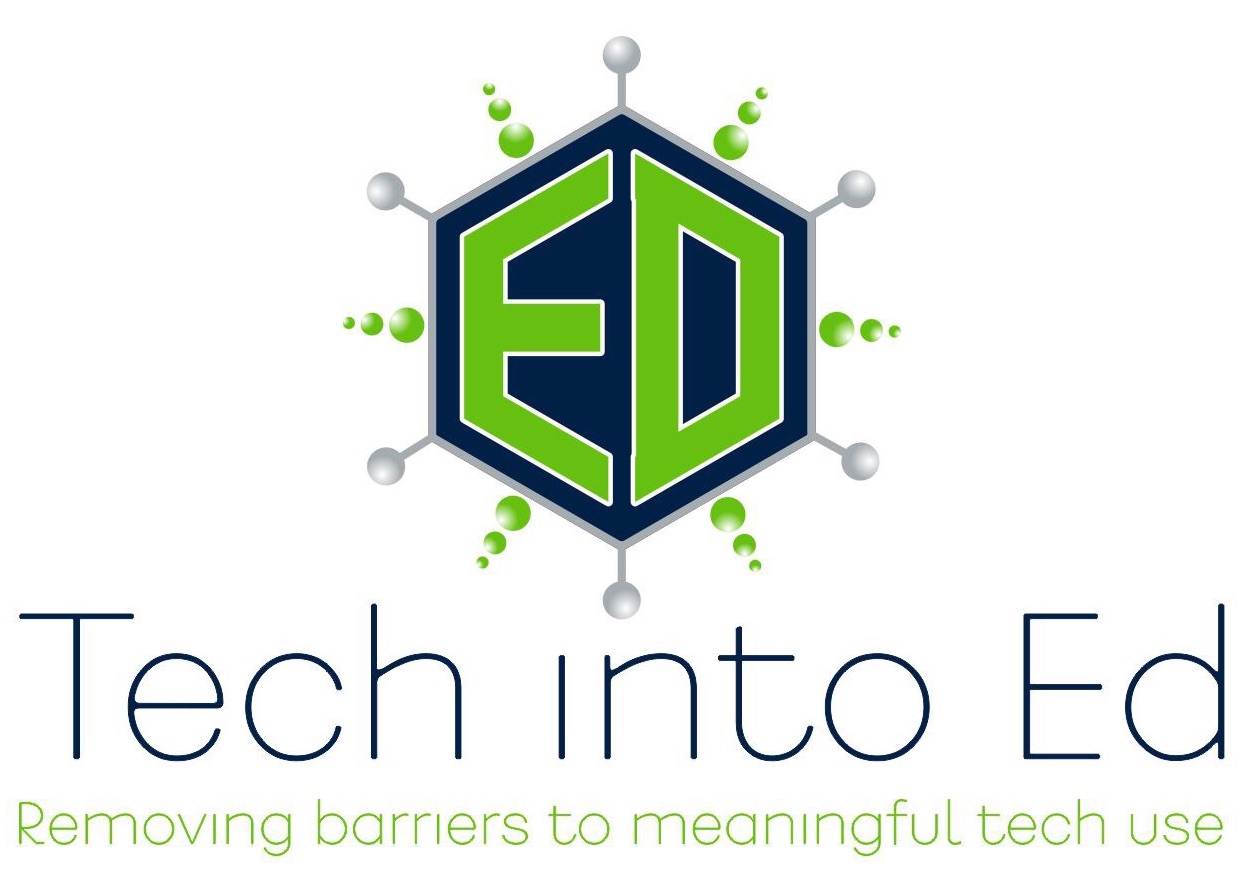Stop Making Students Guess: AI Policies Pushing for Clarity in the Classroom
We’re reaching a turning point with AI in schools. Students are using it every day—sometimes intentionally, sometimes without even realizing it—because AI is increasingly embedded in the very tools they use. The question isn’t whether AI shows up in the classroom, but whether we as educators are ready to provide clarity about how it can be used.
Some districts are leading the way with smart, forward-thinking policies. They aren’t issuing blanket bans or pretending AI can be locked out. Instead, they’re asking teachers to do the real work of being clear: when is AI a support, when is it a shortcut, and when does it cross the line into cheating? This isn’t about being permissive—it’s about being fair.
Because here’s the reality: when we simply declare “AI is never allowed,” we aren’t stopping students from using it. We’re just setting them up to fail. Without explicit guidance, students are left to guess where the boundaries are. Some will guess wrong, and then they’re not only penalized for crossing a line, they’re penalized for not even knowing where the line was in the first place.
Districts that call on teachers to spell out expectations assignment by assignment are actually doing two things: they’re leveling the playing field for students, and they’re pushing teachers to be sharper about their learning outcomes. If I tell my students “AI is off-limits on this essay,” I’d better be clear about why. If I say, “Use AI to brainstorm but not to draft,” then I’ve clarified both the task and the skill I want them to practice.
That’s why I admire districts that embrace policies built on clarity and context rather than fear and prohibition. They’re not just adapting to a new technology—they’re modeling the kind of teaching we want for the future: transparent, intentional, and focused on learning.
